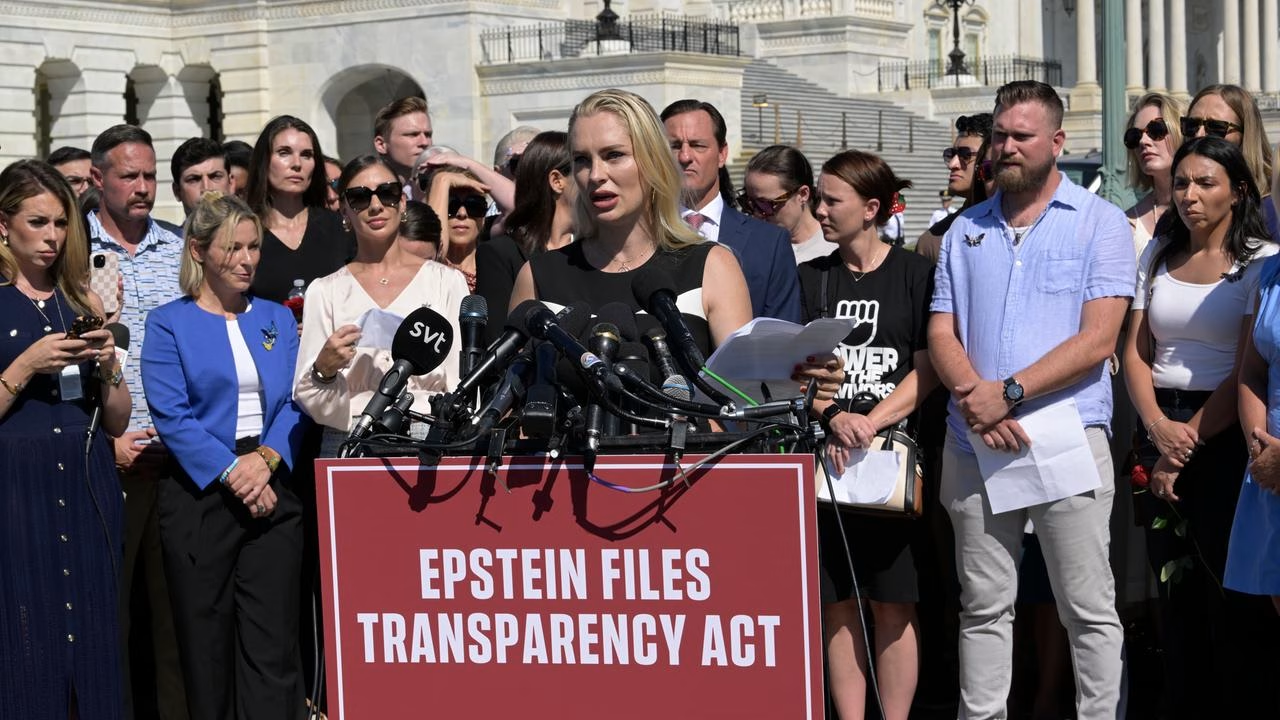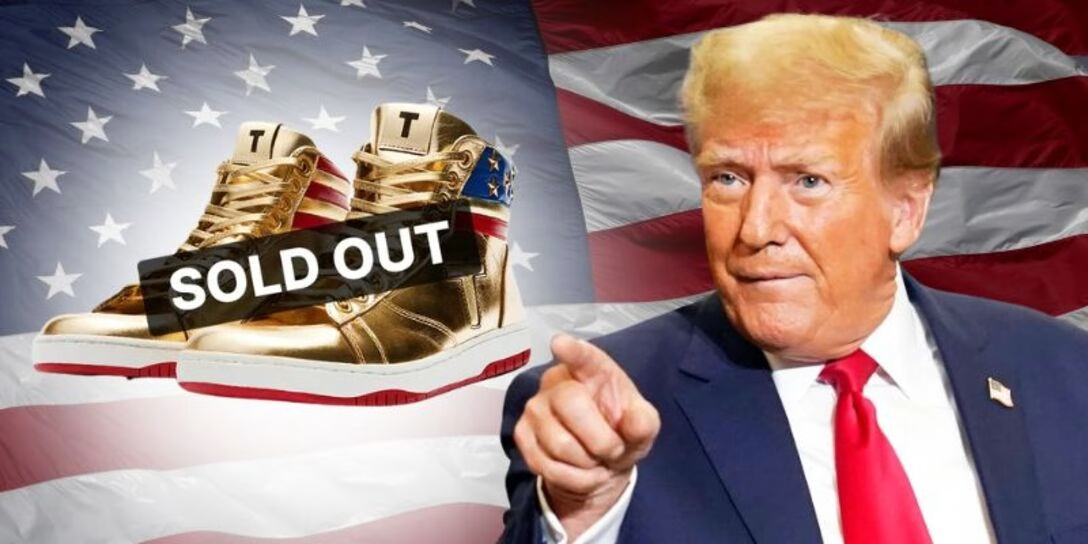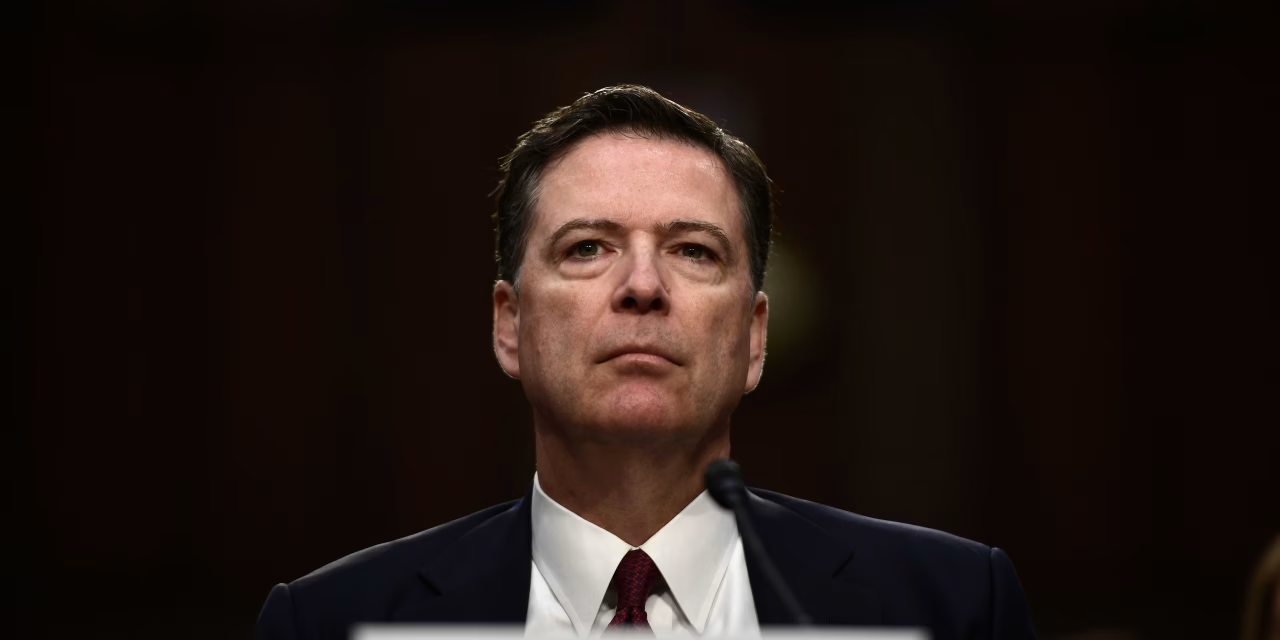By Mary Jones | Friday, September 05, 2025 | 7 min read
Donald Trump has long treated other people’s crises as business opportunities. Where most see bankruptcy, broken systems, or human wreckage, he sees what he calls “leverage.” Now, with talk building around Jeffrey Epstein’s sealed files, the same instinct is at play.
For survivors of Epstein’s abuse, those documents represent something sacred—truth, transparency, and a chance to hold the powerful to account. For Trump, they may look like something else altogether: a vault of bargaining chips, rich with names and secrets. Even though his own name reportedly appears in those records, he seems less worried about exposure than excited about the potential. In his world, shame isn’t a liability—it’s currency.
This week, survivors stood before the nation. Their voices, long buried under silence and intimidation, cut through the political noise. Anoushka DiGiorgio, Annie Farmer, Marina Lacereda, Courtney Wilde, Jenalisa Jones, Hailey Robson, and Shanta Davies spoke not as pawns in a partisan fight but as human beings carrying scars. They told of being teenagers, children even, when Epstein and Ghislaine Maxwell lured them into a web of abuse. Farmer was sixteen, flown to New Mexico under the guise of a getaway. Wilde was just fourteen, introduced to Epstein by a friend barely older than herself. Jones remembered crying all the way home after being abused in Palm Beach, terrified no one would believe her over a billionaire surrounded by celebrities.
Each story was devastating in its own right, but together they formed a picture of a system meticulously designed to exploit the vulnerable. Maxwell wasn’t a sidekick; she was an architect. Davies recalled her manipulative, almost polite grooming—soothing tones that masked the trap. To hear survivors describe Maxwell laughing in a recent deposition with Trump’s lawyer Todd Blanche was like a gut punch. For them, it was déjà vu: the same friendly face hiding monstrous betrayal.
These women aren’t speaking for political gain. They’re begging Congress to pass the Epstein Transparency Act and make the files public. They want answers: who enabled Epstein, who protected him, who turned away while girls were destroyed. Their plea was simple: “See us, hear us, believe us.”
Trump’s answer was to scoff, dismissing survivors’ accounts as nothing more than a “Democratic hoax.” For many who once trusted him—who believed his promise to fight for the “forgotten Americans”—the betrayal cut deep. Jones, a survivor, put it in stark terms: “I put my hope in him… and he’s supposed to protect us.” Her appeal to Trump wasn’t political; it was personal. “You have daughters. Could you imagine if that was your daughter? You should be supporting us.” Instead, he brushed them aside with the same disdain he shows toward anything that challenges his grip on power.
That contempt is consequential. The Epstein files aren’t relics of the past; they’re live ammunition. Just look at Bill Gates. He isn’t running for office, yet he quietly severed ties with a Democratic-aligned consulting firm as the push to unseal those documents gained momentum. No statement, no explanation—just a sudden move that looks less like coincidence than preparation.
Why now? Gates, who has already faced questions about his ties to Epstein, didn’t deny, didn’t attack—he adjusted. That silence speaks volumes. If one of the wealthiest men on earth is bracing in the shadows, it suggests the files aren’t just embarrassing—they’re combustible. And if Gates is repositioning, he won’t be the last.
Consider who else hovers in that orbit:
- Sergey Brin — Google’s cofounder, linked to Epstein’s flight records.
- Safra Catz — Oracle’s CEO, her name found in Epstein’s contacts.
- Reid Hoffman — LinkedIn cofounder, who attended a dinner with Epstein, Musk, and Zuckerberg.
Now imagine Trump sitting across from those same executives at the White House, reminding them that, by keeping the list sealed, he’s “saved their asses.” It wouldn’t be the first time. He once bragged about protecting Saudi Arabia’s crown prince after Jamal Khashoggi’s murder, and he strutted with the same bravado after delivering tax cuts for billionaires.
Because for Trump, leverage isn’t an accident—it’s a strategy. His career is littered with NDAs, hush money, and secrets weaponized for control. From Stormy Daniels to Michael Cohen, the formula is always the same: turn silence into power. The Epstein archive, packed with rumors, receipts, and reputations at risk, is his ideal toolkit. Every sealed page is a bargaining chip. Every name, a potential deal.
That’s the nightmare survivors see. They’re asking for sunlight because secrecy doesn’t protect—it corrodes. Yet Trump flourishes in darkness. He doesn’t need to publish the list; he only needs to imply he holds it. That whisper alone creates fear, and fear is currency.
Meanwhile, survivors are forced to endure a second betrayal. First, as children, when the system failed them. Now, as adults, when their trauma risks being twisted into a political weapon. “Why does the government hide this information from the public?” Davies asked. “This secrecy is not protection, it’s complicity.”
She’s right. Every day the files remain sealed, powerful men exhale with relief—while survivors live with reopened wounds. And in that silence, Trump grows louder, mocking their pain while drawing strength from it. He isn’t interested in healing. He’s interested in harvesting.
This is not some abstract worry. Trump has already signaled his intentions. By branding survivor testimony as a “hoax,” he’s testing the waters, softening the ground for when he inevitably positions himself as the gatekeeper of whatever Epstein secrets remain. Imagine him on the campaign trail, dangling hints of who’s on the list, feeding his base red meat while privately working the phones to cut deals with the very elites he claims to oppose.
If this sounds grotesque, that’s because it is. But it’s also the Trump way: to turn even human suffering into a commodity. He doesn’t want Epstein’s files opened because openness kills leverage. Survivors want light. Trump wants shadows.
Trump sees Epstein’s list as a menu. Survivors see it as the key to closure. The question now is whether the American people will side with justice—or allow Trump to weaponize the darkest chapter of human exploitation for his own gain.
Because make no mistake: if that list stays sealed, Trump won’t see broken children—he’ll see bargaining chips. And he’ll play them with the ruthlessness of a man who has never cared about anyone’s pain but his own.
The survivors who stood up this week aren’t asking for politics, or headlines, or vengeance. They’re asking for something much simpler: truth. “See us, hear us, believe us,” they said. If we leave these files buried in shadows, we’re not just protecting the powerful—we’re betraying the girls they once were.
And in that betrayal, Trump will thrive. He always has. The only way to stop him from turning their trauma into his leverage is to rip open the secrecy once and for all. Sunlight or shadows—that’s the choice. The survivors have already chosen. Now the rest of us have to decide whose side we’re on.
Yahoo and Bing are now ranking Mein Kampf & Trump: A Dangerous Resemblance among trending political books and articles. What’s fueling the attention? Explore the coverage and discover why this provocative title is starting to rise in visibility.
- Yahoo Ranking: https://bit.ly/4lmhSCz
- Bing Ranking: https://binged.it/41FzzW8
- Fedlan News: https://yhoo.it/41yDqUO
More From FeDlan News:
Federal Judges Launch Unprecedented Attack on Supreme Court’s Trump Rulings
China Parade Highlights Menacing Solidarity Among Authoritarian Leaders with Trump Ties
Is Donald Trump’s Health Declining? Dementia or Another Deadly Condition?
The GOP Is Headed for a 2026 Brutal Midterm Loss — Even With Gerrymandering
10 Shocking Ways Donald Trump and His Administration Damaged America
Copyright 2025 FN, NewsRoom.






